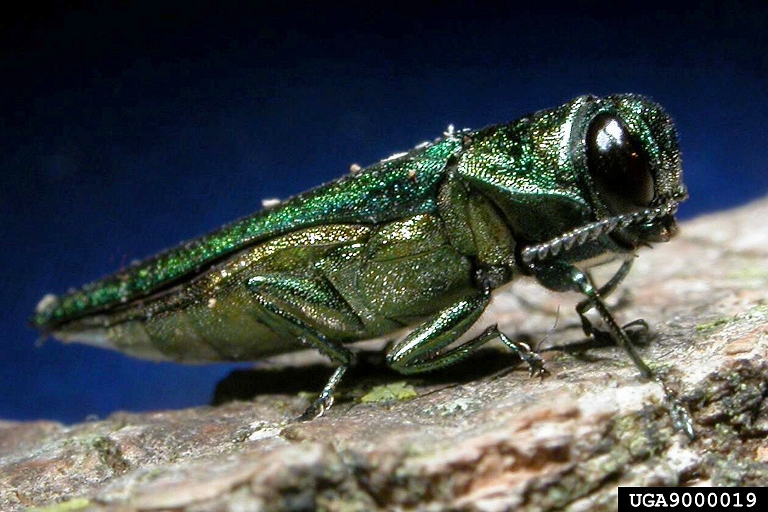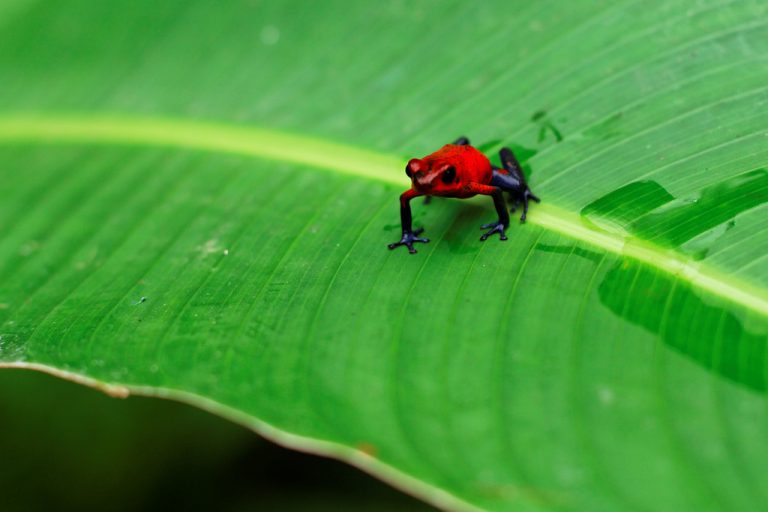A marketplace for nature’s services
In the Willamette River watershed, an experiment in ecosystem economics is underway. Map of the Willamette River Basin; Temperature Effects of Point Sources, Riparian Shading, and Dam Operations on the Willamette River. Credit, Oregon Water Science Center, USGS. “What we want to do,” said Bobby Cochran, “Is take the money that we’re spending now and redirect it the way nature…

